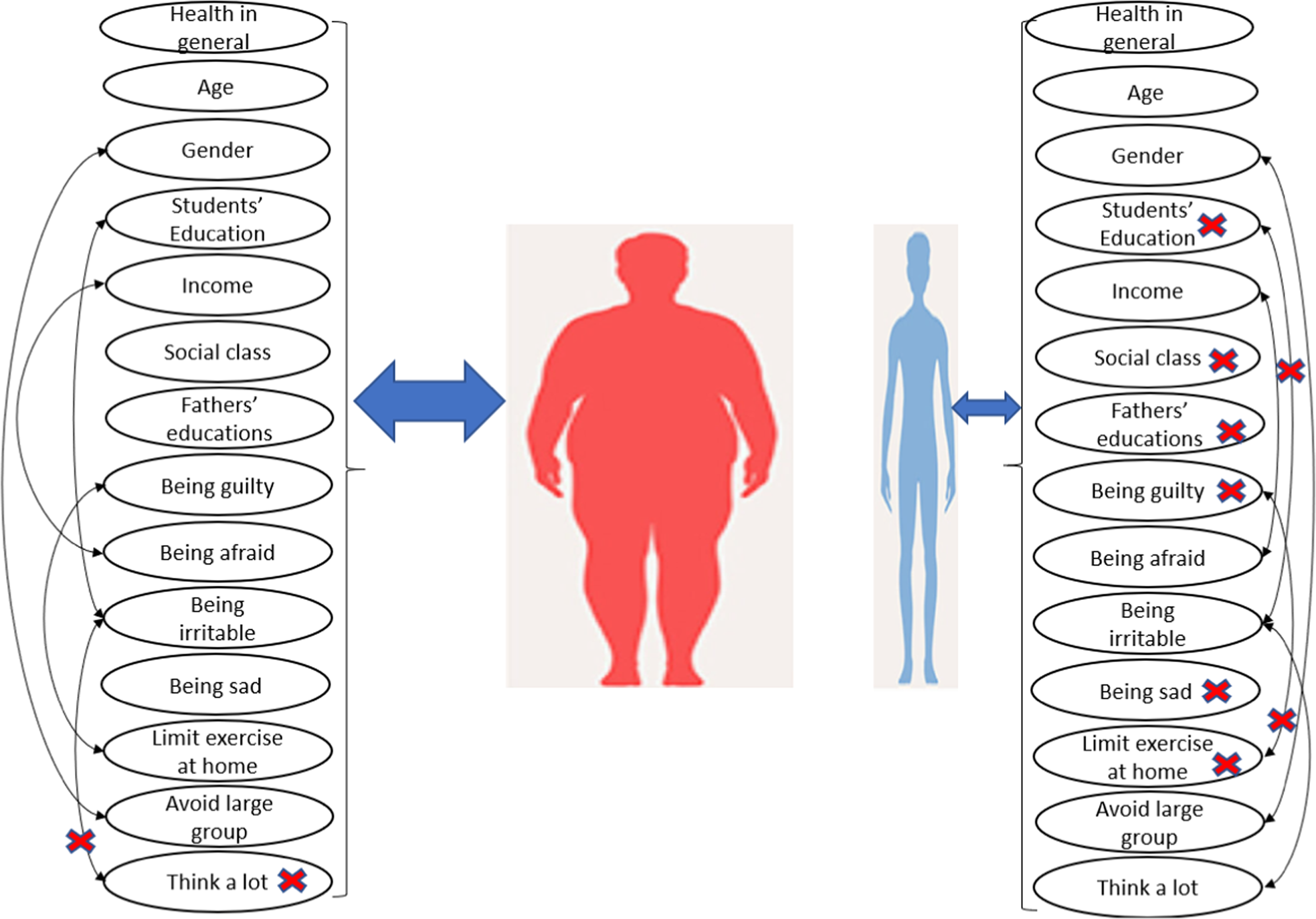
Maintaining a healthy lifestyle is far easier than fixing problems once they develop. Unfortunately, many people are unaware of the damage done by common everyday activities. As a result, they continue with these actions, contributing to reduced health outcomes and a lower quality of life. Before you do one of these six things, stop and think about how it impacts your well-being.
Table of Contents
1. Scrolling Your Phone in Bed
All too often, it feels like the only chance you have to unwind and catch up with friends is at night when everything else is done. However, scrolling through your phone before you fall asleep is one habit that needs to go. Research into smartphones and health indicates that they can interfere with your ability to have a good night’s sleep.
Looking a little deeper into the problem is an overall lack of quality sleep experienced by many people. This is a serious problem since even a few days without sufficient amounts can lead to sleep deprivation, with symptoms including confusion, inability to focus, and mood swings.
2. Embracing the Latest Fad Diet
Evidence supports that achieving and maintaining a healthy weight can improve overall well-being. However, those benefits may be negated when weight loss comes at the expense of proper nutrition. Unfortunately, that is incredibly common with many fad diets.
A good rule of thumb is to stick with whole foods from each main food group. Focusing on fruits and vegetables can help provide plenty of vitamins and minerals that support good health. Lean proteins and healthy fats are also important. If you are considering a diet, take note of any restrictions that eliminate entire food groups. Unless it is for a medical reason, skipping a group is often a sign of an unhealthy diet.
3. Comparing Yourself to Others
Categorizing and comparing are strategies of human nature. It allows people to group things quickly and make general assumptions about their characteristics. However, when applied to people, this behavior can go downhill fast.
If you routinely find yourself thinking you don’t hold up against peers (or celebrities), it’s time to look at those thoughts. First, consider taking a break from social media (or whatever prompts the comparisons) and notice if it helps improve your self-image. If so, work to remove yourself from those situations permanently.
4. Skipping Exercise

Statistics show that most American adults are not moving as much as recommended. Most adults should aim for about 30 minutes of physical activity each day and include weight-bearing activities to strengthen muscles and joints.
If you aren’t meeting those numbers, start looking for ways to move more every day. That can include things such as yard work and vigorous house cleaning, a class at your gym, or playing frisbee with your dog.
5. Staying Indoors
Spending time outside has numerous health benefits. Even better, it is something almost everyone can do and is entirely free. Yet, it is something that many people skip. To make the most of this simple strategy, try to spend at least two hours outside each week.
Are you unsure where to start? Try having lunch on a bench outside, walking the dog a few extra blocks twice a day, or spending an hour at a local park on your day off. Those little sessions can add up to significant health benefits.
6. Setting Unrealistic Goals
Goal setting is something that most people do, yet few learn how to do effectively. That increases the chances that you’ll fall short of your expectations. Unfortunately, not meeting a goal can leave you feeling disappointed and may result in fewer goals being set in the future.
To fix this problem, learn about SMART goals and how to set them before embarking on a new one. Then, with a bit of planning, you can increase your success rate, boost your confidence, and move toward a healthier lifestyle.
Some everyday habits, such as phone overuse and fad diets, can undermine your health goals without you realizing it. Identifying and correcting them will help move you closer to the lifestyle you desire.


:max_bytes(150000):strip_icc()/hypersexuality-f7219c0faf93488b82402d4f9d20e454.jpg)


